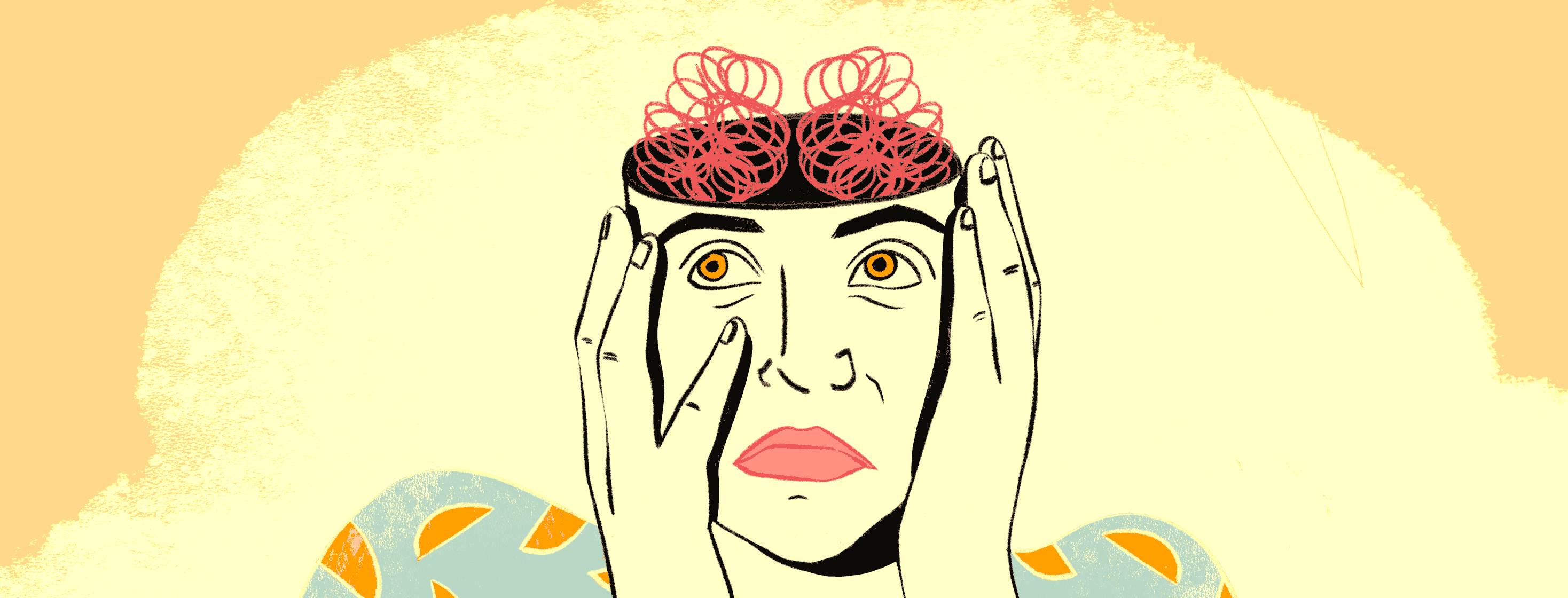Is Schizophrenia a Mental Illness or Brain Disease?
As someone living with schizophrenia who has enthusiastically advocated for my community for years, I often find myself caught in the crossfire of scientific debate: Is schizophrenia a mental illness or a brain disease?
While the distinction may seem trivial to some, for those of us with this condition, it shapes societal attitudes and how we're treated in our day-to-day lives.
Mental illness vs. brain disease
Since the 1990s, many in the schizophrenia space have been pushing the "brain disease" label for schizophrenia on anyone who will listen. Their reasoning? "Brain disease" reinforces the condition's biological causes. Once people understand the neurological aspects of schizophrenia, the thinking goes, they will stop seeing it as a personal failing and not blame those who have it.1
I first became aware of the "brain disease" push from leaders of a mental health nonprofit organization I was partnering with. It jarred me when one of them corrected me after I referred to my schizophrenia as a mental health condition.
My gut reaction? Ick.
My gut reaction to the label was a sinking sense of ick. In my mind, "brain disease" conjured images of zombies and mad cows. But I was young, relatively new to the space, and didn't have a medical degree. Surely these esteemed leaders knew better than me. So rather than pushing back, I thanked them for educating me and swallowed my discomfort.
But the sense of ick only grew as I realized that nearly every time they explained the importance of calling schizophrenia a brain disease, it was in the context of arguments for expanding involuntary treatment.
Defining schizophrenia as a brain disease
The term "brain disease" fits neatly into these arguments because it makes schizophrenia seem particularly severe. If we call schizophrenia a mental illness, people are more likely to associate it with conditions perceived as manageable like depression and anxiety. But if we call it a brain disease, people will view schizophrenia as wholly unmanageable without the intervention of involuntary treatment.
I fear this positioning will cause people to think our minds are irreparably broken. Indeed, the research seems to support this. While it's true terms like "brain disease" that reinforce biological understandings of schizophrenia reduce blame, several studies from the last decade have shown they increase beliefs that we're violent and dangerous and don't recover.2
Language fosters stigma
Hunter College and The Graduate Center, CUNY Professor of Philosophy Justin Garson has argued the popularization of the "brain disease" paradigm in the 1990s is to blame for schizophrenia stigma getting worse ever since. And he noted the greatest measured increase in schizophrenia stigma occurred between 1990 and 2001, the so-called "decade of the brain" when biological explanations for mental illness became widespread in the media.3
Given the documentation that language like "brain disease" reinforces the worst, most harmful stereotypes people like us face, why would anyone claiming to help us support its use?
Justification for involuntary treatment
Because as destructive and painful as these stereotypes are, they're useful to people whose primary and perhaps sole objective is expanding involuntary treatment. If people believe we're violent and dangerous, they'll see involuntary treatment as a matter of public safety.
Involuntary treatment has a time and place, and I have no doubt it has saved my life on multiple occasions. But as I argued in an article I wrote for Psychology Today, its expansion does not justify reinforcing stereotypes that make our lives exponentially harder.
There are so many better arguments for involuntary treatment, like its potential to save us. Why do we have to resort to fallacious arguments that it will prevent our extremely rare acts of violence?
Language about mental illness matters
Language matters. It both reflects and reinforces how people like us are treated in our culture.
So be mindful about how you refer to your schizophrenia. It just might affect how someone views our community.
